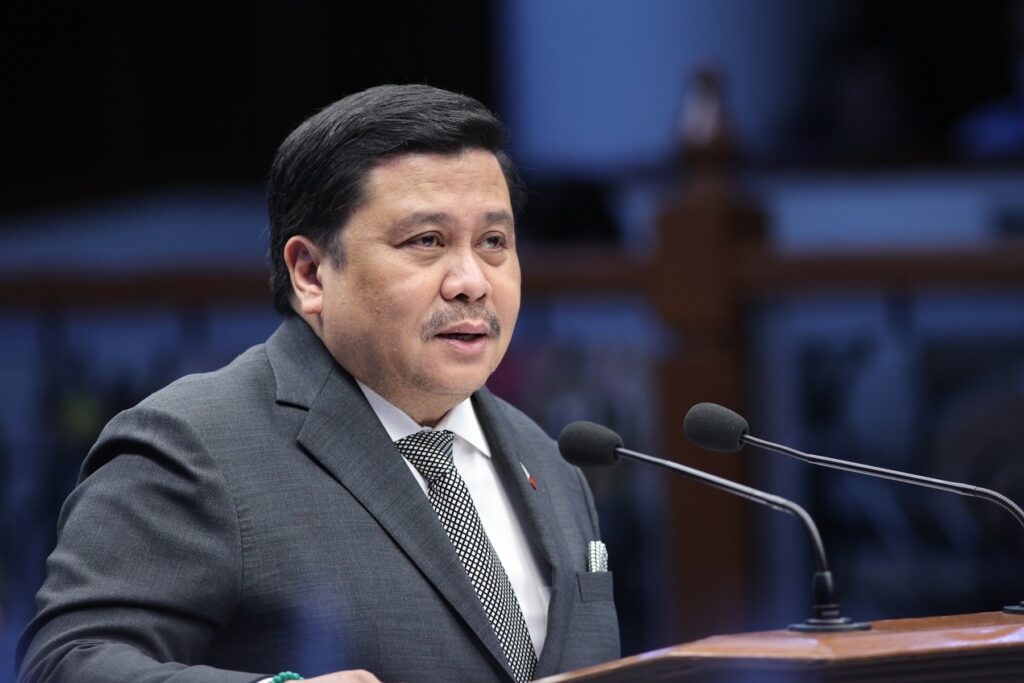AT A GLANCE
- Senator Jinggoy Estrada has endorsed for plenary consideration the proposed Eddie Garcia Law—a measure that institutes policies for the protection of movie and television workers–four years after it was first introduced in the Senate.
Senator Jinggoy Estrada has endorsed for plenary consideration the proposed Eddie Garcia Law—a measure that institutes policies for the protection of movie and television workers–four years after it was first introduced in the Senate.

“Nakalulungkot mang banggitin, pero ang panukalang ito ay bunga ng aksidente sa television shooting naging dahilan ng pagkamatay ng batikang aktor na si Eddie Garcia noong 2019 (While it’s sad to mention, this proposed bill is a product of the accident that caused the death of veteran actor Eddie Garcia during a television shooting in 2019). Despite his age—he was 90 years old at the time—the screen legend remained active in doing movies and television series,” Estrada, chairperson of the Senate Committee on Labor, said in his sponsorship speech.
“This unfortunate incident and his untimely demise which shocked the industry led some actors and workers to push for reforms, calling out dangerous working conditions, especially on set, thus, paving the way for this measure,” he added.
Provisions of the proposed “Eddie Garcia Law” ensure movie and TV workers of decent incomes, and protection from abuse, extended working hours, harassment, hazardous working conditions, and economic exploitation.
Considering the unpredictable nature of what Estrada described as a unique industry due to prolonged work hours, specific provisions on social welfare benefits and insurance for work-related incidents or deaths that would provide much-needed security and protection were introduced in the bill.
“How would workers be able to keep working for their passion and the industry they love if the same industry takes advantage of them? It is high time that we regulate this longstanding practice and we need to institute measures to impose standards and bring about change,” Estrada said.
The bill seeks to institute a normal eight-hour work or up to a maximum of 14 hours, exclusive of meal periods, for a total of 60 hours in a week.
Senior citizens or those aged 60 years and above who have extended working periods must voluntarily execute a separate agreement in the proper form prescribed by the Department of Labor and Employment (DOLE).
Workers shall also be governed by an employment contract to protect their interest, which shall include, among others, pertinent details about the job and its description, as well as the work hours and commensurate rate or any applicable benefits. Those who have existing projects or contracts with other outfits should also not be discriminated against, unless exclusivity is specified.
“We cannot allow karoshi, a Japanese term which means death by overwork, to continue in our film and TV industry. Simply, we can’t go on like this,” said Estrada.
“We really owe the success of every film or TV production to these workers. This is our tribute not just to ‘Manoy,’ but also to the hardworking staff. Let us immortalize the legacy of ‘Manoy’ Eddie Garcia through this bill,” the senator said.
He also urged his fellow lawmakers in the Senate to support this proposed measure that will not only protect TV and movie industry workers but will also give them respect and dignity.

